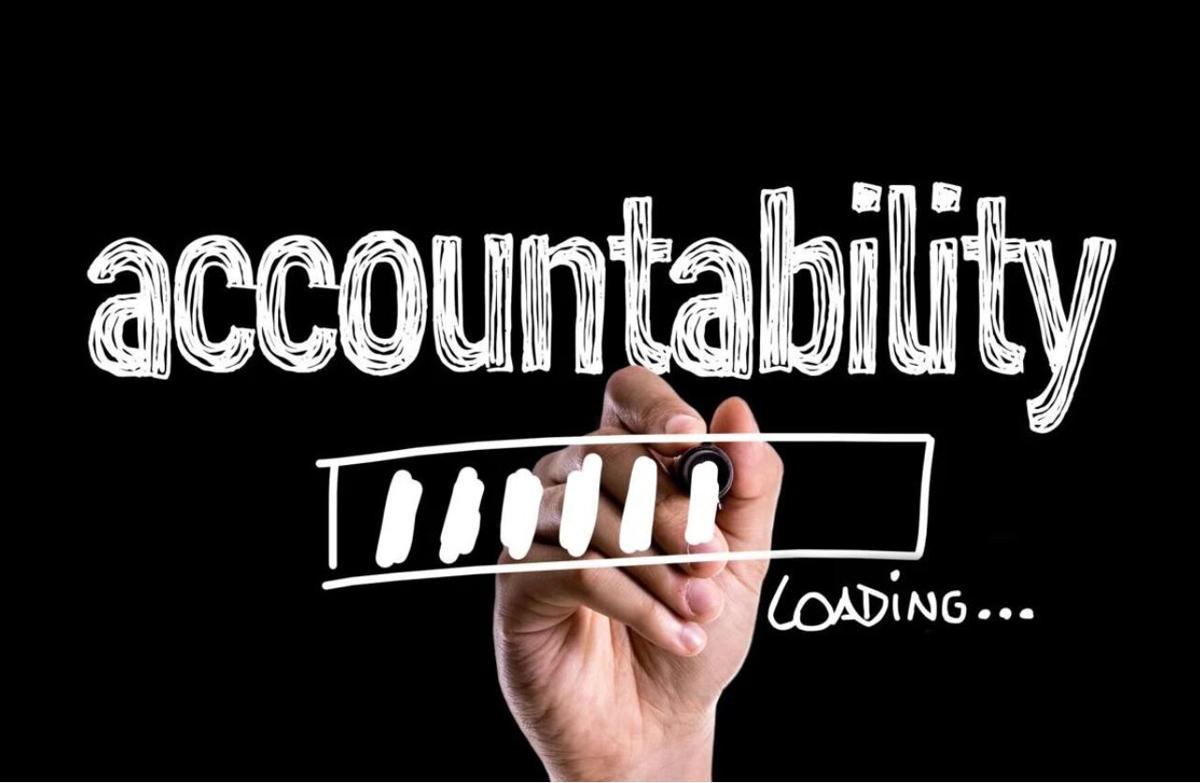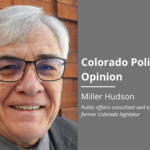Don’t blacklist Coloradans who seek public records | Denver Gazette

Access to government records — in the state bureaucracy; in local school districts; at City Hall — is Coloradans’ first, and last, recourse for holding their public agencies accountable.
Maybe it involves expense vouchers from school board members who’ve traveled to a “conference” — in Vegas. Or, details of a pricey settlement with a city manager who leaves amid harassment allegations. It could be an email thread among state officials who awarded a big contract to a friend of the governor. All would be records subject to public scrutiny.
So, don’t expect us to shed any tears for public officials who complain of being put upon by requests to release such records. Especially considering how often the same officials stonewall the press and public — sometimes with flimsy claims that records are exempt and other times charging inflated, exorbitant fees for the labor that’s supposedly required to retrieve them.
Stay up to speed: Sign up for daily opinion in your inbox Monday-Friday
Which is why a bill now pending in Colorado’s Legislature to let government officials essentially blacklist members of the public who request records is a slap in the face to the state’s citizens.
Incredibly, HB24-1296, introduced in the House by state Reps. Cathy Kipp, D-Fort Collins, and Matt Soper, R-Delta, grants government records custodians the arbitrary power to determine if “a requester is a vexatious requester.” That’s “a person or entity that submits a request for public records and that, by the person’s or entity’s conduct, demonstrates an intent to annoy or harass.” How’s that for leeway? The bill says it could be the records custodian or just about anyone else who is deemed to be the target of the supposed harassment.
In such cases, the proposal grants the government agency fully 30 days to respond, i.e., drag its feet — presumably in the hope the person making the request gives up and goes away.
It gets even worse. The bill in fact creates enough loopholes to make Swiss cheese of the state law that currently governs public records and protects public access. Several of the bill’s provisions allow wide latitude for creative public officials to delay records requests.
Like the provision that, according to the bill’s official summary, “adds an extenuating circumstance that allows for an extension of the response period when the custodian is not scheduled to work within the response period.” You can just imagine a government office suddenly reassigning its “records custodian” duties to a staffer going on maternity leave.
Or, the part of the bill that, “allows a custodian to deny the right of inspection of public records that are an employee’s calendar, unless the public record is an elected official’s calendar or the calendar of an employee who is in a leadership position…” Never mind that all work on the public’s dime.
What about the provision letting a government agency delay its response up to 30 days if it determines a request for records, “is made for the direct solicitation of business for pecuniary gain”? Aren’t businesses part of the public? Why impede their access to records that are public to begin with?
Even the bill’s sanctimonious exemptions of the news media from some of the provisions is an affront to the public. The media don’t belong on a pedestal and don’t want to be there. And the exemption invites even more mischief by government officials — who might decide a particularly hard-charging reporter isn’t a legitimate member of the news media after all.
No thanks.
The bill makes a mockery of government accountability. Its bipartisan sponsorship just reminds us both parties are capable of shutting out the public.
But that also means that members of both parties who do value open government can unite — and vote this bill into the paper shredder.
Denver Gazette Editorial Board













